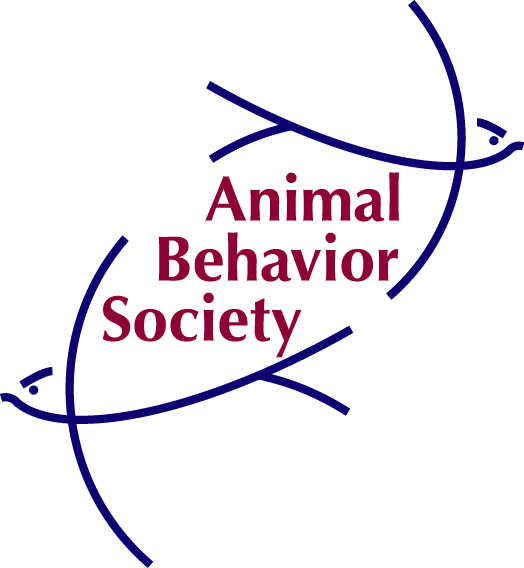Otterbein Professor is Pioneer in Bringing Scientists into her Classroom Virtually
Posted Oct 06, 2020
Associate Professor Anna Young, director of the Zoo and Conservation Science program at Otterbein University, has long understood the benefits of remote learning. While video chat services are now a common teaching tool, Young began incorporating them into her classes in 2013, when video chats were a novel idea. Due to her innovative teaching methods, she recently received the 2020 Penny Bernstein Distinguished Teaching Award from the Animal Behavior Society.
Young recognized the need for students to see and hear diverse voices in the scientific community. With that in mind, she began hosting in-class Skype sessions, inviting Otterbein graduates, industry-leading professionals and scientists into her classroom remotely to teach and inspire her students.

“I wanted to really focus on bringing in scientists of color, female scientists and scientists of different nationalities to speak to my students as a way to show them how a diverse field of knowledge benefits us all,” Young said.
She recounted one Skype session with a Harvard graduate student who wished a similar program existed in her classes. Young was surprised to hear how unique a teaching style she had developed.
Young’s seven years of video conferencing sessions caught the eye of the Animal Behavior Society thanks to a nomination from her doctoral and post-doctoral advisor, which included student and colleague testimonials. As the recipient of the Penny Bernstein Distinguished Teaching Award, Young will host a workshop in December 2020 on the topic of transitioning to an online learning model.
“I was excited and honored that I was not only nominated but then won the award,” she said. “There are so many awards for research but much fewer for teaching. It’s amazing to me that I’m among such notable names. One of the past recipients is the author of the animal behavior textbook I use in class.”

Young has more plans to innovate in the classroom. This semester, students who usually would present final research projects on posters at a symposium will now have to create podcasts to share. Students also are encouraged to write science-based limericks to posts on the Twitter account @science_poetry. She said these are all ways that she can help students communicate complex topics succinctly, a skill she believes all scientists need to harness and perfect.
Young recently collaborated on a project with colleagues from multiple universities on best practices for teaching animal behavior classes online. She says that it can be applied more broadly to teaching during the pandemic as well. She credits the Otterbein University environment and colleagues’ support of innovative and new ways of teaching to her award.
“It’s wonderful to be part of a community that will allow you to take risks on new ideas. I don’t think I’d be able to find that at other universities today.”
To read a primer coauthored by Young for teaching Animal Behavior online during a pandemic, visit https://onlinelibrary.wiley.com/doi/epdf/10.1111/eth.13096.